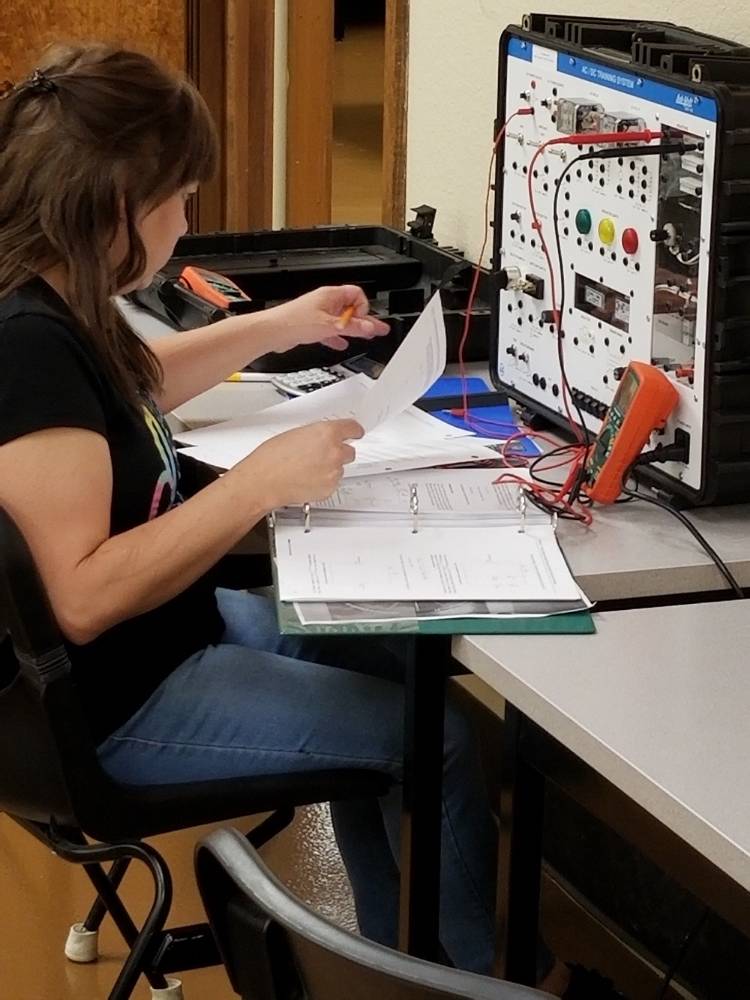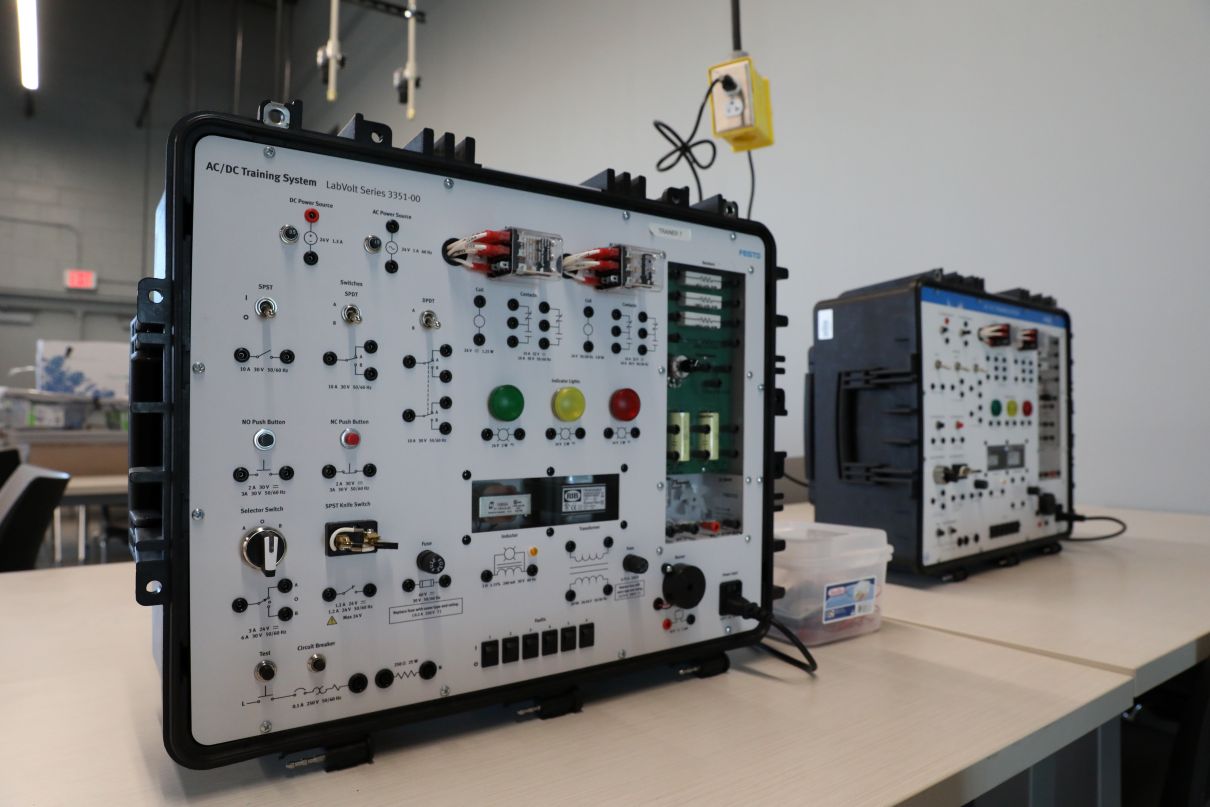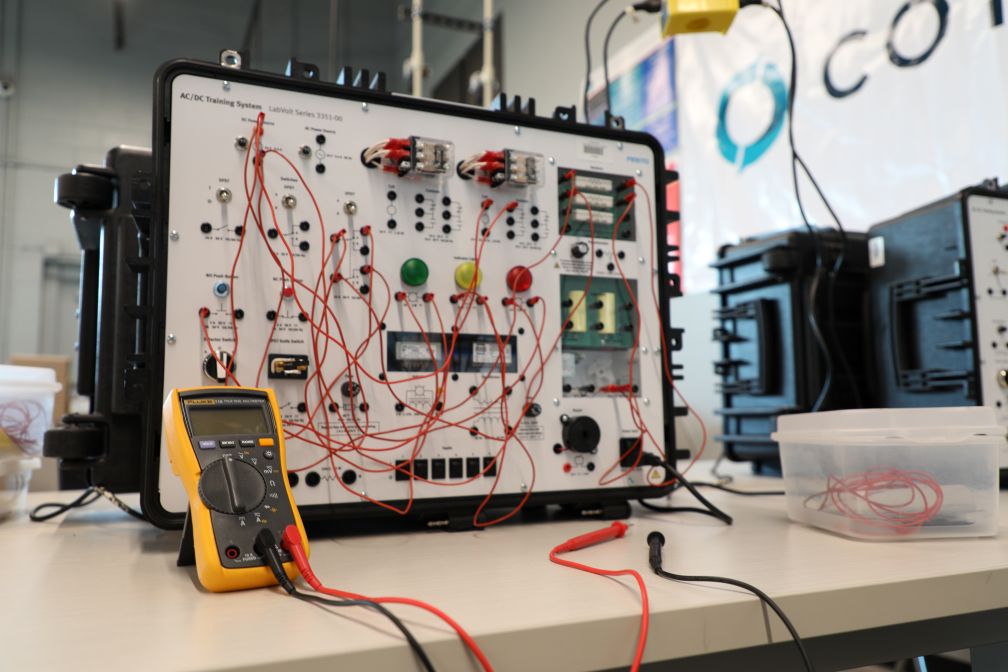Core Knowledge and Skills
Core Knowledge & Skills Module
The Core Knowledge and Skills Certification is a prerequisite to all of the other certifications. It includes the sections listed below. Some of the sections listed below are eligible to earn a National Coalition of Certification Centers (NC3) Certificate.
- Workplace Safety
- Learn how to recognize and avoid common workplace hazards with this training program. This deep dive into OSHA safety standards is designed for entry-level workers in general industry roles. Containing 10 hours of educational material, this course focuses on the prevention, recognition, avoidance and abatement of potential hazards at work.
- Introduction to Mechanical Systems
- This course introduces students to the fundamental concepts and practical skills needed for working with mechanical drive systems in industrial maintenance. Students will learn about the installation, operation, maintenance, and troubleshooting of key components such as shafts, bearings, couplings, and motors. The course emphasizes hands-on experience through covering essential tasks like shaft alignment, torque measurement, and motor installation. By the end of the course, students will be equipped with the foundational knowledge required to work with mechanical drive systems, preparing them for careers in industrial maintenance and machinery operation. This section is part of a National Coalition of Certification Centers (NC3) Certification.
- Applied Mathematics and Measurements
- This section covers fundamental mathematics, beginning with addition and subtraction, and moving through multiplication and division, fractions and decimals, and measurements. It provides students with a mathematical foundation that will assist them moving forward in the program.
- Electrical Laws and Principles
- This section provides a foundational understanding of direct current (DC) circuits, focusing on the basic principles of electricity and their practical applications in industrial and educational settings. Students will learn to define and measure key electrical parameters such as voltage, current, resistance, and power. This section is part of a National Coalition of Certification Centers (NC3) Certification.

- Basic Electrical Circuits
- This section covers the operation of common DC circuit components, including power sources, switches, resistors, capacitors, solenoids, relays, and motors. Through hands-on exercises using the AC/DC Training System, students will explore series and parallel circuits, apply Ohm’s and Kirchhoff’s laws, and gain practical skills in troubleshooting DC circuits, preparing them for further study or careers in electrical and electronic fields. This section is part of a National Coalition of Certification Centers (NC3) Certification.
- AC and DC Electrical Systems
- This section provides a fundamental understanding of alternating current (AC) circuits, focusing on the principles and practical applications of AC in industrial and educational settings. Students will explore key concepts such as AC voltage and current sine waves, frequency, period, peak value, and root mean square (RMS) value. The course covers the operation and characteristics of essential AC components, including capacitors, inductors, transformers, and relays. Students will also learn to measure and troubleshoot AC circuit parameters, preparing them for further study or careers in electrical and electronic fields. This section is part of a National Coalition of Certification Centers (NC3) Certification.




